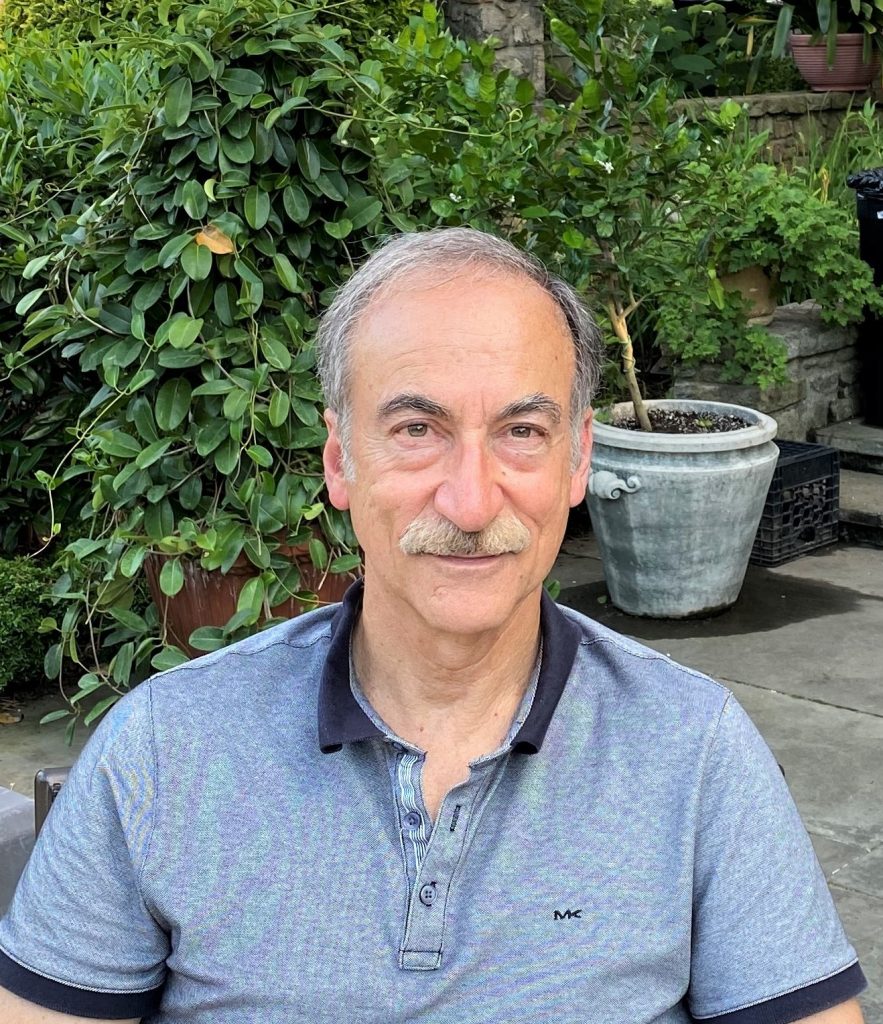Everyone knows that eating healthy is good for your health. But should we think of food as a type of medicine? A paper by Ridberg et al. (2025) examines public perceptions of different interventions to get people to eat better to improve their health.
Health systems are increasingly deploying Food Is Medicine interventions, which incorporate nutrition-related services into medical care, as part of a person’s care plan to prevent or treat disease. These interventions include medically tailored meals, …medically tailored groceries, …and produce prescriptions, which are vouchers or debit cards that health care providers prescribe for patients, to be redeemed primarily for fruit and vegetables…Demonstration projects, quasi-experimental interventions, and randomized trials have found that Food Is Medicine interventions increase the consumption of nutritious food, reduce chronic disease risk factors, and efficiently use health care resources.
So do people really believe that food is medicine? A survey of over 3,000 US adults found that it is the case that most people link high quality food to health outcomes.
Survey respondents considered food and health as critical and intersecting issues. About two-thirds agreed that diet-related conditions are the costliest health conditions in the US…
ighty percent of respondents agreed that their health depends on what they eat on a regular basis, and nearly the same percentage agreed that diet-related conditions are a top priority facing the health of the US population…
Approximately 90 percent agreed that eating more healthy food is important to prevent the onset of many health conditions,
However, food-related care is rarely regularly provided by health care provider or health systems.
Respondents’ experiences in primary health care encounters…frequently did not include food- and nutrition-related communication or access to licensed registered dietitians. Fewer than half agreed that their primary care providers gave clear advice about food and nutrition…
More than half of respondents reported that they had been diagnosed with one or more diet-related chronic conditions…However, only 38.1 percent of respondents reported they could easily see a licensed registered dietitian if they wanted to, with the visit paid for by their health plan, and 16.8 percent reported seeing licensed registered dietitians in the past year.
Why aren’t people eating healthier? Cost, culture, and convenience:
When respondents were asked about factors limiting their ability to eat healthfully, the most common reason was cost; 82.8 percent believed that healthy foods were often or sometimes too expensive…Nearly as many (79.1 percent) said that traditional foods in their family were often or sometimes not very healthy; more than half reported that there was often or sometimes a lack of healthy food choices available in their typical shopping locations (56.5 percent), that stores or food pantries with healthy foods were too far away (55.9 percent),
While most people believe that food is medicine, our healthcare system currently does not treat it as such.







